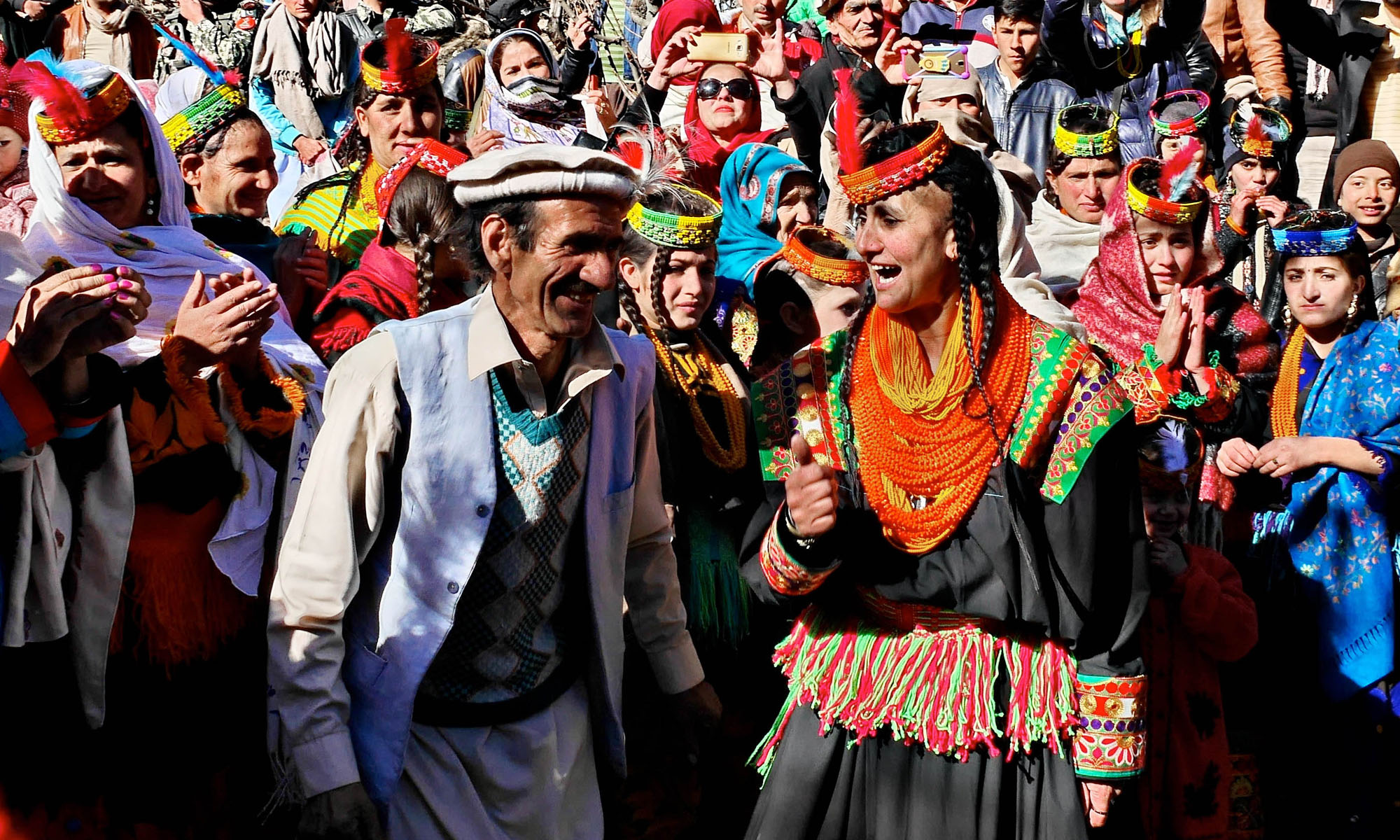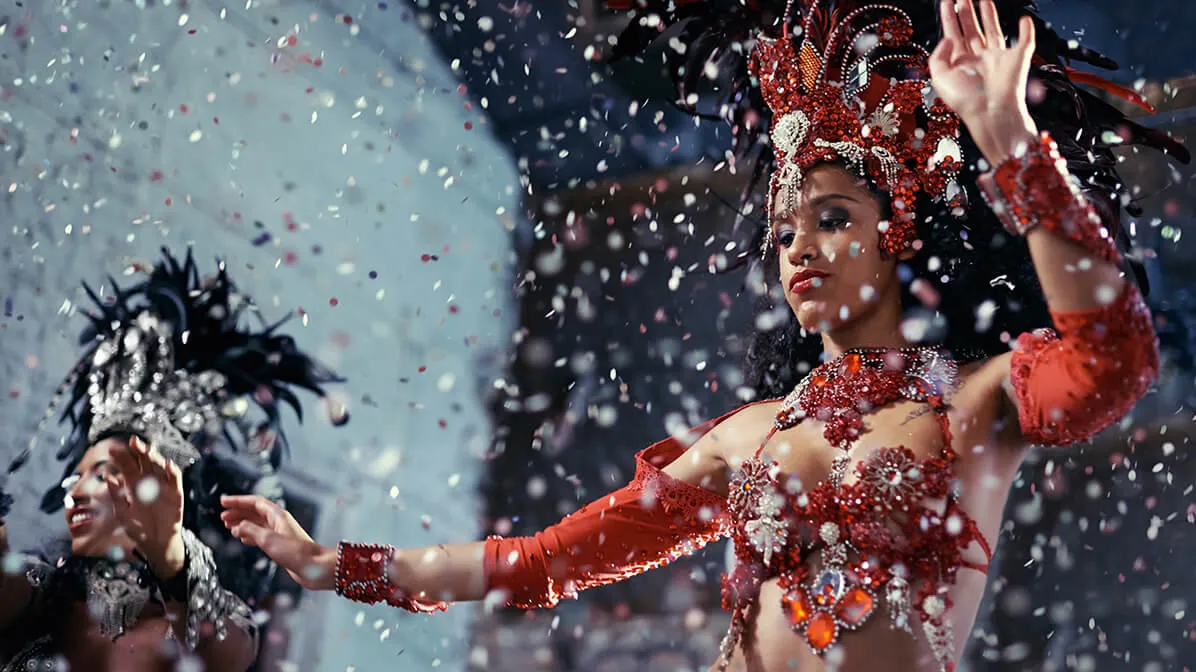Introduction
In every corner of the globe, cultural events serve as vibrant celebrations of tradition, heritage, and community spirit. From colorful festivals to solemn ceremonies, these gatherings offer a glimpse into the rich tapestry of human culture. In this article, we embark on a journey to explore the essence of cultural events, their significance, and the joy they bring to participants and observers alike.
The Essence of Cultural Events

Cultural events serve as pillars of society, preserving traditions, and fostering a sense of belonging among communities. These gatherings celebrate various aspects of culture, including music, dance, food, art, and folklore. Through vibrant performances and immersive experiences, cultural events provide a platform for people to express their identity and heritage proudly.
Cultural events also play a crucial role in promoting cultural exchange and understanding. As individuals from diverse backgrounds come together to celebrate shared traditions, they bridge cultural divides and foster mutual respect and appreciation.
The Diversity of Cultural Celebrations
Cultural events encompass a diverse array of celebrations, each offering a unique insight into the customs and traditions of a particular community or region. From the exuberant carnival festivities in Rio de Janeiro to the serene lantern festivals of Asia, these events showcase the beauty and diversity of human culture.
Festivals
Festivals are perhaps the most well-known form of cultural celebration, drawing visitors from far and wide to partake in the revelry. These events often feature live music, dance performances, parades, and culinary delights, creating an immersive experience for attendees.
Ceremonies
Ceremonies hold deep cultural and religious significance, marking important milestones and rites of passage within communities. Whether it’s a traditional wedding ceremony, a religious procession, or a commemoration of historical events, these rituals serve as a testament to the enduring traditions of a society.
Cultural Performances

Cultural performances, including theater, dance, and music, offer a captivating glimpse into the artistic expressions of different cultures. From classical ballet to traditional folk dances, these performances showcase the talent and creativity of artists while preserving cultural heritage for future generations.
The Significance of Cultural Preservation
Preserving cultural traditions is essential for maintaining the identity and cohesion of communities. Cultural events play a vital role in this preservation effort by providing a platform for passing down customs, rituals, and stories from one generation to the next.
By actively participating in cultural events, individuals can connect with their roots, deepen their understanding of their heritage, and forge meaningful connections with others who share their cultural background. This sense of belonging fosters a strong sense of community and pride, contributing to the overall well-being and resilience of society.
The Global Impact of Cultural Events
In an increasingly interconnected world, cultural events have the power to transcend borders and unite people from diverse backgrounds. These gatherings serve as catalysts for cultural exchange, fostering dialogue, understanding, and cooperation among nations.
Tourism and Economic Growth
Cultural events also have significant economic implications, driving tourism and stimulating local economies. Visitors flock to cultural festivals and events, injecting revenue into host communities and supporting local businesses.
Promoting Cultural Diplomacy
Cultural events serve as powerful tools for diplomacy, enabling nations to showcase their cultural heritage and forge diplomatic ties with other countries. Through cultural exchange programs and international festivals, nations can promote mutual understanding and cooperation on the global stage.
FAQs (Frequently Asked Questions)
How do cultural events promote cultural exchange?
Cultural events bring together individuals from diverse backgrounds, providing opportunities for them to share their traditions, stories, and customs. Through interactions and shared experiences, participants gain a deeper understanding and appreciation of different cultures, fostering mutual respect and understanding.
What is the significance of cultural preservation? Cultural preservation is essential for maintaining the identity and cohesion of communities. By safeguarding traditions, languages, and customs, communities can ensure that their cultural heritage continues to thrive for future generations.
Why are cultural events important for tourism?
Cultural events attract visitors from around the world, boosting tourism and stimulating local economies. These events offer unique cultural experiences that cannot be replicated elsewhere, making them attractive destinations for travelers seeking authentic cultural immersion.
How do cultural events contribute to community cohesion?
Cultural events bring people together, fostering a sense of belonging and pride within communities. By celebrating shared traditions and values, these gatherings strengthen social bonds and promote solidarity among diverse groups.
What role do cultural events play in promoting cultural diplomacy?
Cultural events serve as platforms for cultural exchange and dialogue, enabling nations to showcase their cultural heritage and foster goodwill with other countries. Through cultural diplomacy initiatives, nations can build bridges, enhance mutual understanding, and promote peace and cooperation on the global stage.
How can individuals participate in cultural events? Individuals can participate in cultural events by attending festivals, performances, workshops, and exhibitions in their local communities or traveling to destinations known for their cultural heritage. By actively engaging with cultural traditions and experiences, individuals can enrich their lives and contribute to the preservation of cultural heritage.
Conclusion
In conclusion, cultural events serve as vibrant celebrations of tradition, diversity, and community spirit. From colorful festivals to solemn ceremonies, these gatherings offer a window into the rich tapestry of human culture. By promoting cultural exchange, fostering understanding, and preserving heritage, cultural events play a vital role in shaping our collective identity and enriching our lives.

